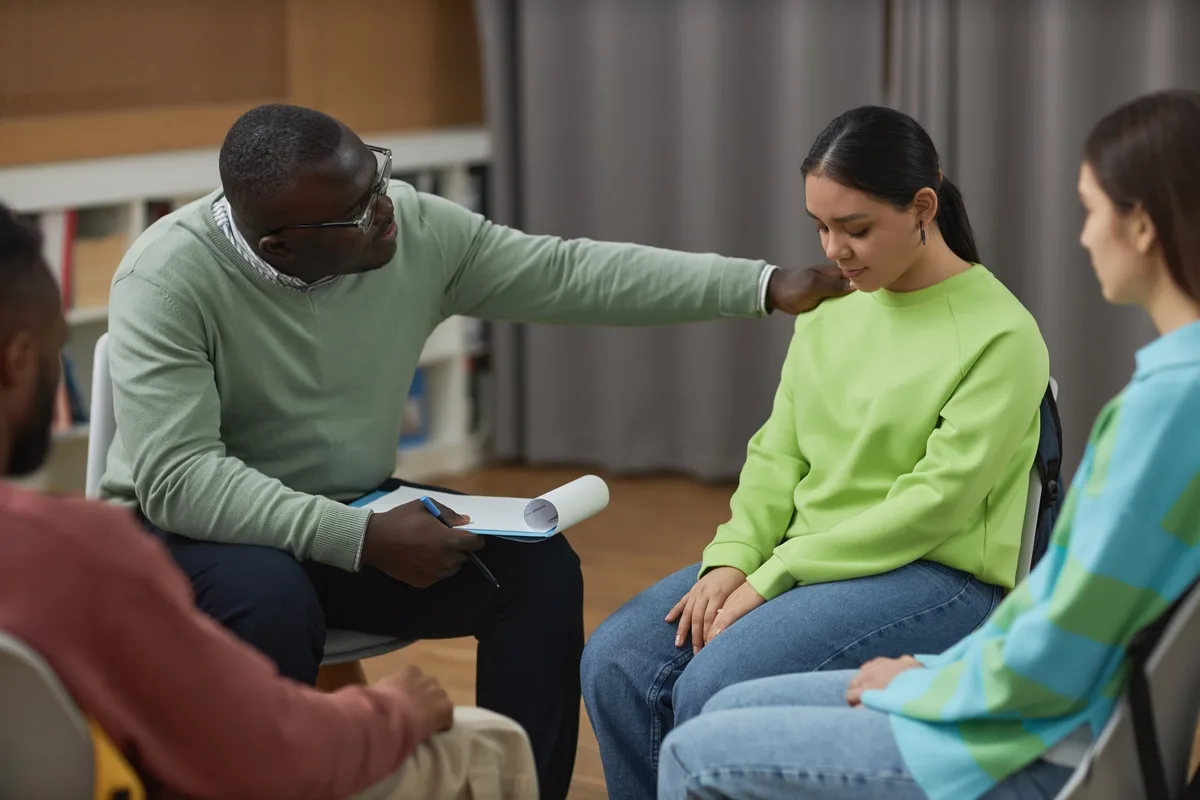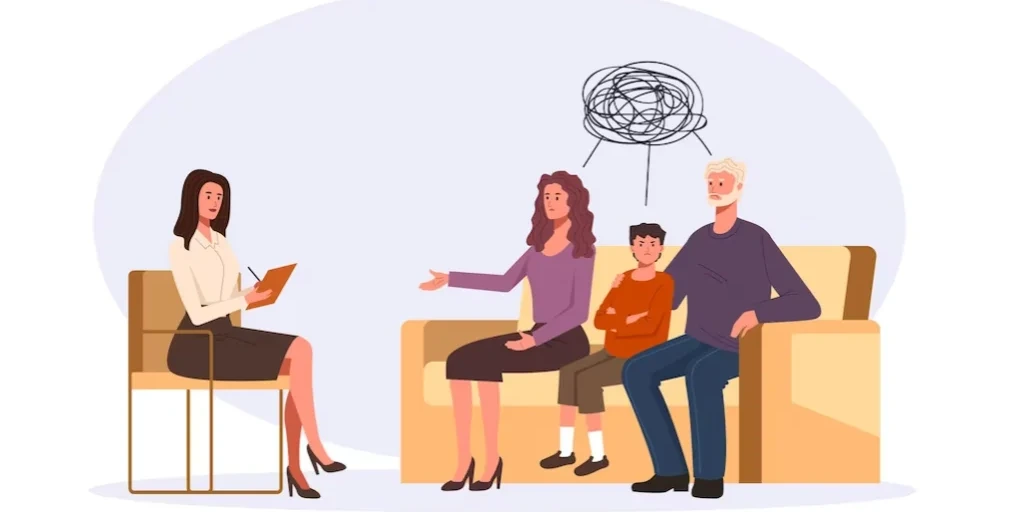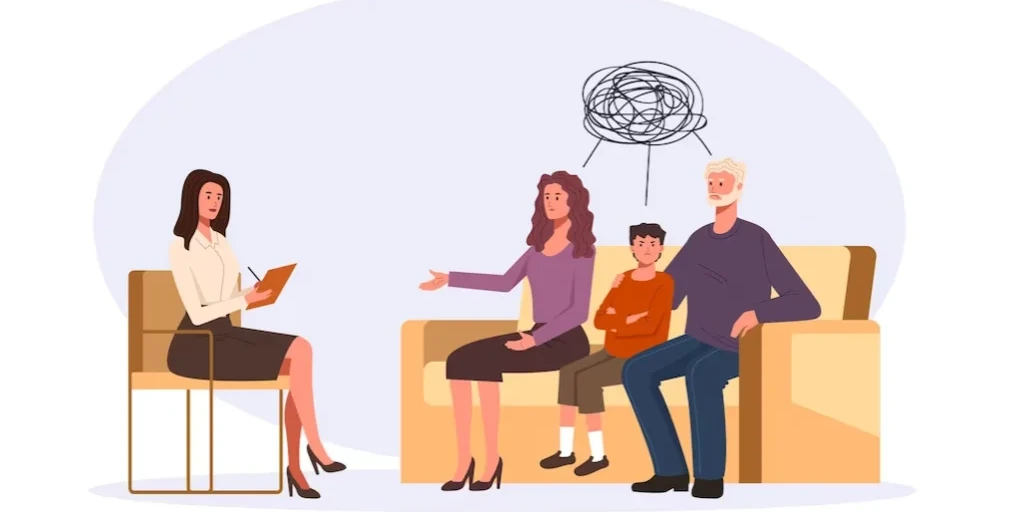24/7 Helpline:
(866) 899-221924/7 Helpline:
(866) 899-2219
Learn more about Medication-assisted Treatment centers in Van Nuys
Medication-assisted Treatment in Other Cities

Other Insurance Options

Multiplan

Absolute Total Care

Magellan

United Health Care

Magellan Health

Horizon Healthcare Service

Cigna

Regence

Ambetter

Humana
Beacon

CareFirst

Covered California

Evernorth

Health Choice

UMR

Anthem

BlueCross

MVP Healthcare

Medical Mutual of Ohio

San Fernando Valley Community Mental Health Center – Elderly
San Fernando Valley Community Mental Health Center – Elderly is a private rehab located in Van Nuys,...

Insight Treatment Program for Teens and Families – Van Nuys
Insight Treatment Program for Teens and Families is a rehab facility located throughout Greater LA a...

Twin Town Treatment Centers Sherman Oaks
Twin Town Treatment Centers Sherman Oaks is a private rehab located in Van Nuys, California. Twin To...

Gloria Detox And Rehab Center
Gloria Rehab is a CARF-accredited addiction treatment center in Van Nuys, California for individuals...

Inpatient Drug Rehab
Inpatient Drug Rehab is a private rehab located in Van Nuys, California. Inpatient Drug Rehab specia...

San Fernando Valley Community Mental Health Center
San Fernando Valley Community Mental Health Center - Community Assessment Service Center is a non-pr...

Recovery Zone II
Recovery Zone II is a private rehab located in Van Nuys, California. Recovery Zone II specializes in...

Van Nuys Alcohol and Drug Treatment
Van Nuys Alcohol and Drug Treatment is a private rehab located in Van Nuys, California. Van Nuys Alc...

Lion Recovery
Nestled in the heart of San Fernando Valley, Lion Recovery is a charming six-person facility in Van ...

Eagle Recovery Center
Eagle Recovery Center is a private rehab located in Van Nuys, California. Eagle Recovery Center spec...

Bridges Recovery Center
Bridges Recovery Center is a private rehab located in Van Nuys, California. Bridges Recovery Center ...









































